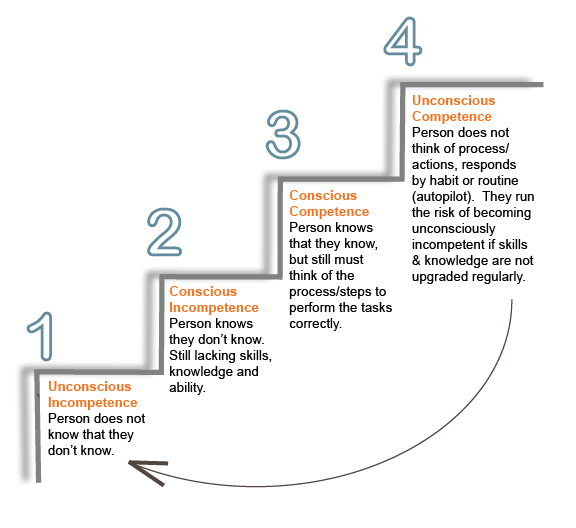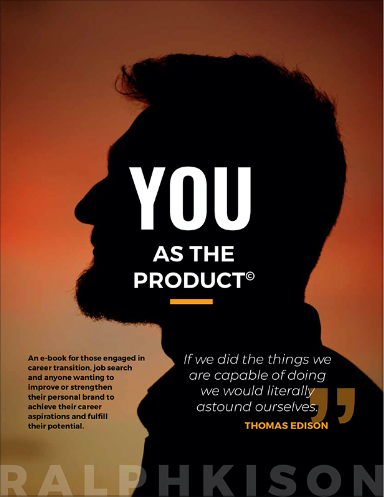The days of earning a living are over. Marshall McLuhan said, “The workplace of the future will consist of learning a living.” Organizations committed to be tomorrow’s leaders and innovators must seek opportunities that will move them beyond their comfort level into the “learning zone.” My experience working with medium to large organizations has revealed that embracing and implementing a learning culture often gets more talk than action. Many managers and executives are too focused on meeting quarterly revenue and profit goals, which are important of course, at the cost of ignoring the development of the only asset that will ensure future success and profit – their employees.
It is estimated that people entering today’s workplace can expect to have eight or more careers, not jobs, in their lifetime. The implications of this are significant. For starters, the education and job skills someone begins their career with may for all practical reasons be of little or no value within five to ten years. For some, they will hold jobs that have not even been invented yet. Regardless of what one learns at university or college, the key for future success will be ongoing learning.
Change has become the only constant. In order to deal with ongoing transformation, a lifelong learning plan should be developed by everyone currently in, or aspiring to, leadership positions. Management should consider implementing learning and self-development plans for all employees regardless of the position or title. Lifelong learning is not only beneficial for personal advancement; it also provides an organization with a distinct competitive advantage. Thanks to technology and the wealth of information available through the internet and social networks, our clients are not solely dependent on us for information and expertise. More companies are hiring researchers and information managers to keep themselves abreast of changes and trends not only in their market but in the global community. With the overwhelming pace of change, the only way for organizations to maintain a competitive advantage will be to hire or contract people that can add value through specialized information, knowledge or experience.
When selecting new employees, consultants or suppliers, it is important to inquire how they are upgrading their skills. For instance, if your suppliers do not have an internal program that regularly assesses their employees’ performance, competencies and skills on issues such as technical competence, product knowledge, customer service or communication skills, you may not be getting maximum benefit from the relationship. It is time to expect more from our suppliers and employees in the area of personal growth and learning.
The most progressive organizations have internal education and development programs with which they constantly upgrade to refine the skills of their staff. If you are thinking your company is not large enough to offer a structured program, you may be creating an imaginary barrier that over time will cost your business and perhaps even your best employees. Today’s top talent is looking for firms that will help them develop their business skills and personal confidence to succeed in tomorrow’s marketplace.
The best way to secure employee loyalty is to create an environment where growth is not only encouraged but is part of the corporate culture. This should be reflected in the corporate mission statement and core values as well as in divisional or departmental goals. Employees perform best when provided with opportunities to take the initiative for change and innovation. To do this, they must be provided with a safe environment that tolerates and even recognizes failure as a learning and growth experience.
Long term, there is nothing more important to a company than the knowledge assets contained in its employees. The greater the knowledge base, the greater the likelihood for long term success. Technology alone will not ensure a bright future. It must be used as a tool that provides employees with a competitive advantage to create new products or services or improve existing ones.
For more perspective on the importance of learning and ongoing development, listen to my audio file where I discuss the Learning Process.



Recent Comments